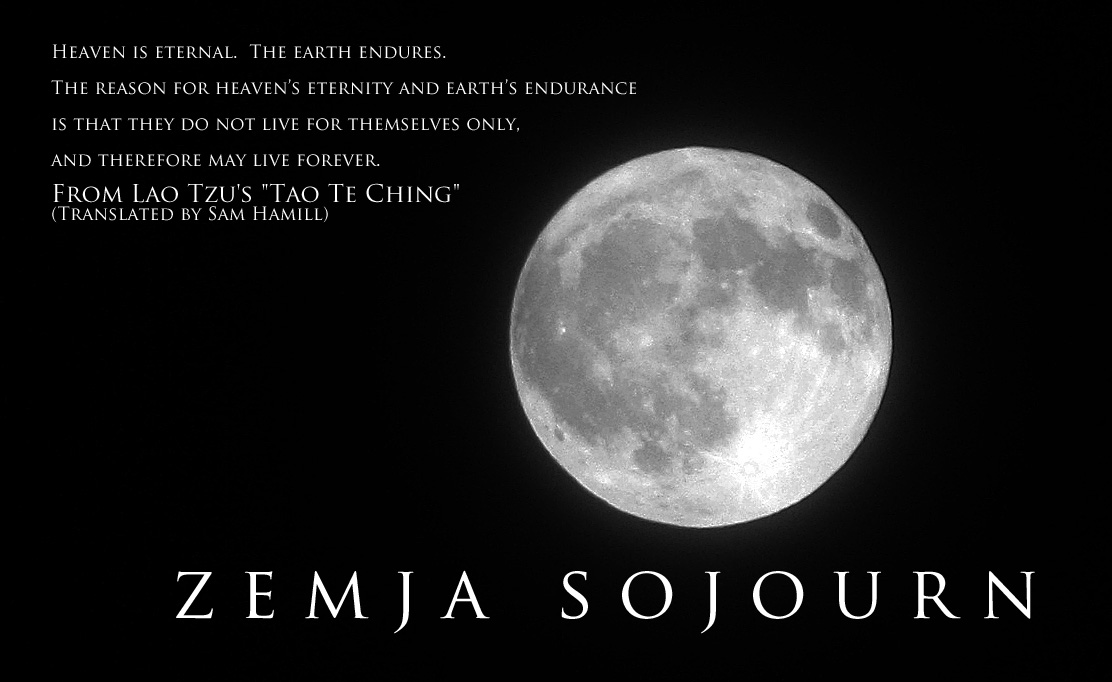Around this time last year, we were shopping in Highland Park. We were browsing for a birthday gift for Jon's mom, and I came across a card featuring two elegant birds and the single line: Birds from the woods in wondrous flight, Bethlehem seek this holy night.
Huh. Never heard of it. Weird. Type into phone. Solve this mystery later.
Huh. Never heard of it. Weird. Type into phone. Solve this mystery later.
Solving the mystery required the acquisition of an unusual collection called Carols Old and Carols New. It was published in 1916 by Rev. Charles L. Hutchins. While it contains carols for all seasons, the vast majority of the 700+ pages (gads) are devoted to Christmas. In 1917, the Harvard College Library obtained an autographed copy. (Think he autographed all 1000 copies that went to print? I bet he did. Wink.) Harvard recently made it available to Google for digital preservation. You can download a charming--yet very large--PDF copy for yourself.
It is in the context of Nature and Winter that I would love to share this carol with you.
Whence comes this rush of wings?
"Carol of the Birds"
Whence comes this rush of wings afar,
Following straight the Noel star?
Birds from the woods in wondrous flight,
Bethlehem seek this Holy Night.
"Tell us, ye birds, why come ye here,
Into this stable, poor and drear?"
"Hast'ning we seek the newborn King,
And all our sweetest music bring."
Hark how the Greenfinch bears his part,
Philomel, too, with tender heart.
Chants from her leafy dark retreat,
Re, me, fa, sol in anthems sweet.
Angels and shepherds, birds of the sky,
Come where the Son of God doth lie.
Christ on the earth with man doth dwell,
Join in the shout, "Noel, Noel!"
There is so much to like about these verses. The use of Philomel instead of Nightingale is one. The capitalization of Greenfinch and Philomel, as if to give them proper names, is another. I think, however, that most important is the reference to solfège, which in this case uses the traditional "sol" instead of the more modern "so." (Thanks, Julie Andrews.)
The solfège was originally based on Diaconus's hymn Ut queant laxis, and in it "sol" references "solve," which is Latin for "clean." You know, like solvent. It's quite a bit more depressing than that in the actual hymn: solve polluti. Cleanse us of our guilt! Who doesn't like a little Christian guilt with Christmas Eve dinner? "Please pass the rolls. Oh, and the guilt. Thanks. Pardon my reach." For creativity's sake, we all know that the word sol--when it isn't being used as shorthand for solve, obviously--has one, beautiful meaning in so many languages. That meaning? Sun.
Bird migrations are an awesome sight. The annual return of songbirds to our frozen neighborhoods is a wonderful and uplifting event. How many years do you pop into the office after lunch and proclaim, "I just saw my first spring robin!" Or, six months later,"The geese are on the move, winter is coming." We still look to the sky for these signs, and they tend to be much more reliable than a) the calendar, or b) Paul Douglas's magic Doppler radar thingy. Or whatever he calls it.
(Aside: I still kick myself for not asking Paul Douglas to dance at Jake Bowlsby's wedding. Why? No clue. Just 'cause.)
I can't shake the wonder this carol gives to me. The imagery of countless tiny songbirds rushing home, to the sun, with their sweet little songs--their own little carols! Oh! It cheers my heart. Sing, they say! Lift your heart, be of good cheer, lift your voice along with us!
How can we resist?
How can we resist?


No comments:
Post a Comment